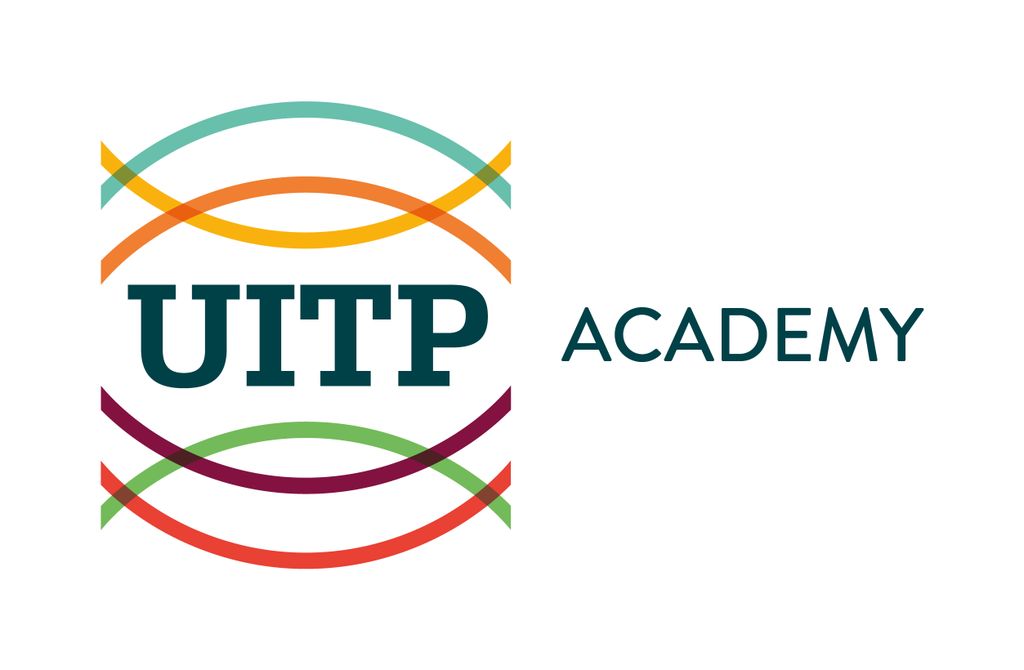
On-demand buses and shared services
About
Demand-responsive transport services have existed both formally and informally for a long period of time. Recent developments in communication and sensor technology have allowed such services to grow substantially in urban, sub-urban and rural areas. Demand responsive transport is a technology-driven shared transport service operated by a company with professional drivers with flexible schedule, and/or flexible stops and/or flexible routing. The key differentiation with traditional public transport is that services are provided as a response to the demand from customers.
The advantages of on-demand ridesharing
On-demand ridesharing offers the opportunity to enrich the traditional public transport offer and diversify the service portfolio, hence helping to attract new user groups who may currently be dependent on private vehicles. They are particularly useful where the cost of fixed route, fixed schedule services may be unusually high in proportion to the demand such as in sparsely populated areas or during random times of the day. It can also be useful in first/last mile connectivity. For public transport operators, it could therefore be a good opportunity to adopt new tools and new ways of working. Coordinating on-demand ridesharing with scheduled public transport, for example through the pricing system or operational times, can result in a win-win proposition. This coordination is also key to keeping the sector relevant in the context of the autonomous vehicle revolution. Furthermore, efficiently integrating on-demand ride-sharing options by building integrated mobility platforms such as MaaS will pave the way towards more sustainable urban mobility systems.
A diversified approach
As there are multiple ways of delivering on-demand ridesharing, there needs to be a “horses for courses” approach. The existing regulatory approach may also need to adapt. This training will contextualize such practices through a combination of theoretical and practical frameworks. The participants should be able to develop a better understanding of the best practices, tools, skills and solutions, needed to implement a similar framework for their organisation and cities.
Reach your objectives
- Broaden your knowledge and widen your perspective on demand responsive transport by learning from professional leaders
- Understand the suitability of demand responsive transport within a public transport network and its use caes
- Discuss the key ingredients for a successful deployment: from operational, infrastructural, technological and regulatory perspectives.
- Get hands-on experience by discussing during workshop the deployment of demand responsive vehicles
- Learn the best practices from Asia, Africa and Europe
Target Audience
- Staff from bus and public transport planning departments
- Strategy planners, mobility planners and land use planners
- Professionals working on transport and urban policy
- Professionals working for transport authorities and city governments, operators and consultancies
- The course is suitable for participants from companies worldwide
This course is suitable for those who are fluent or have a high level in English.
Methodology
- Participate in interactive online sessions which includes an introduction by course leaders and open discussions with participants
- Apply your concepts during the online workshop
- Exchange your current practices and experience with your peers
Each theme will be approached as followed:
- Basic principles and conceptual approach
- State of the art development and innovations
- Good practices examples
- Interactive exchange between participants and experts
UITP Training Programmes and all related processes are certified for ISO29990:2010 – the standard for learning services for non-formal education and training.

Why choose an online course
- Interact with public transport professionals from across the world
- Be time efficient, with 8 sessions over a 3 weeks timespan
- Flexibility to join the sessions from any location in the world, at work or at home

